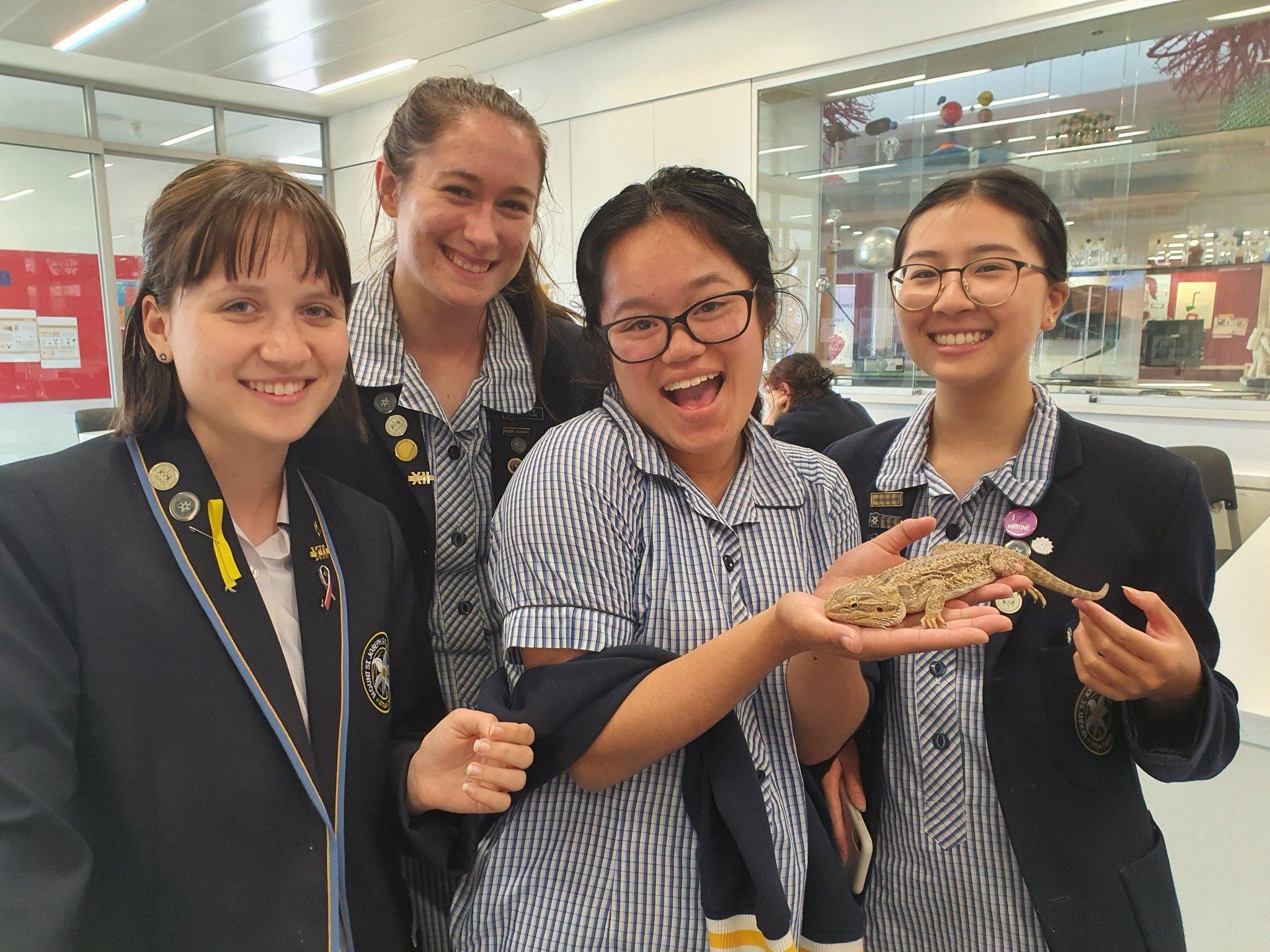Assessment and Reporting
Congratulations to all students for the effort they have put into their studies in recent weeks. As Term 1 comes to an end, students have been involved in a number of assessments of student learning.
Assessment and reporting are vital processes which provide information about what students know and can do, and to make recommendations for their future learning. Assessment is an integral part of the teaching and learning program at Mount St. Joseph Girls' College.
Student assessment may take a variety of formats depending on the nature of the subject. Subject assessment tasks seek to draw out the students’ knowledge, process capabilities and skills rather than simply focusing on recall of information out of context. Tasks, depending on the subject, may include a test, an extended assignment, oral or media presentation, research task, performance or practical task, or an experimental or investigative task. Students receive feedback through rubrics outlining the criteria assessing the task or unit of work.
Formative assessment is used to monitor learning progress during a learning sequence. It provides continuous feedback to teachers and students, which enables them to monitor progress and identify and address needs in learning.
Summative assessment seeks to establish the level of achievement attained by a student, and typically occurs at the end of a learning sequence, course or unit. The main purpose of summative assessment is to establish levels of achievement for reporting.
Continuous Reporting
The College Learning Management System (CANVAS) provides a progressive and up-to-date picture of your daughter’s academic progress. This includes achievement levels and feedback in assessment tasks.
Learning as a ‘Meaning Making’ Process
‘Death of Creativity’ is one of Sir Ken Robinson’s videos and in this, he states three things about humans: we are all unique and different, we are all naturally curious and we are all creative.
As Term 1 comes to an end, we understand and appreciate that our students are exactly those things. By creating as many opportunities to think, collaborate, test, try, revise, try again and reflect on the learning process, we are ensuring our girls will progress and develop each and every year.
We endeavour at MSJ to guide our students along their learning journey by ensuring they are actively involved in the construction of understanding. We are working to offer greater student choices in their learning as well as stronger voice in how they demonstrate their understandings.
Another integral aspect of the learning journey is the reflection of process, of progress and of result. It is vital that our students take the time with an assessment and results to not only look at the bottom line but to consider ‘What went well’ and ‘Next time I will…’. Take the time to have these important conversations with your daughter.
Help your daughter reflect and discuss their experiences in each of their classes and what is going well for them. They could consider what they need in the coming weeks and months to improve and grow. Have your daughter lead the conversation and own the experience so they take greater meaning from it.
FIVE Messages for Girls That Could Make All the Difference
In light of International Women’s Day, the following article was published online as a way to break down the big issues and empower girls in their day-to-day experiences. A summary is below.
To access the article: https://santamaria.wa.edu.au/5-messages-for-girls-that-could-make-all-the-difference/?v=2
1. Get rid of the ‘shoulds’.
There are very few words in our language that have as much power as ‘should’. “You should do this”, “You should do that”. Sadly, we tend to use this weapon most powerfully on ourselves. ‘Should’ gives you only two options; pass or fail. If you got rid of the ‘shoulds’ in life, what would you be free to be?
2. Be brave enough to be you
One of the bravest and hardest things you can do in life is be authentic, but it’s worth it. You decide who you are, and you decide your worth.
Other people’s opinions have nothing to do with you. Equally as important is letting other people be themselves.
3. Write your own narrative.
Look for the women who do life differently. You don’t have to follow them but be aware that there are other ways of being a woman in 2020. When you step off the beaten track, you may well find yourself.
4. Shine light on others
You don’t lose anything when someone else does well. You don’t lose light when you shine it on others.
5. Use your social capital for good
Your social capital is your network of friends and acquaintances. That network gives you support and helps you thrive. The nice thing about social capital is you can share it. You have the ability to make someone else’s life better.
Joanna De Bono - Deputy Principal Learning & Teaching






